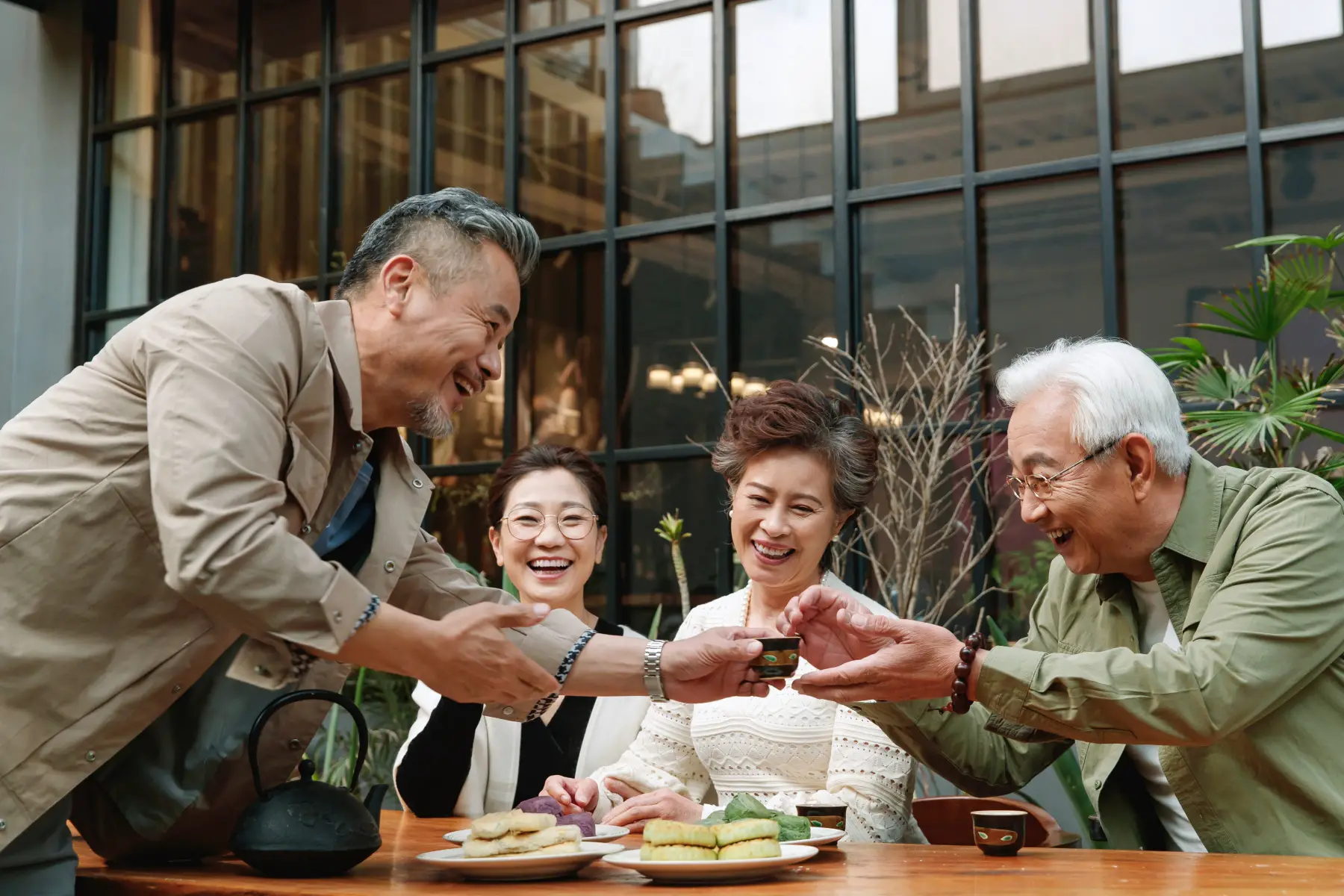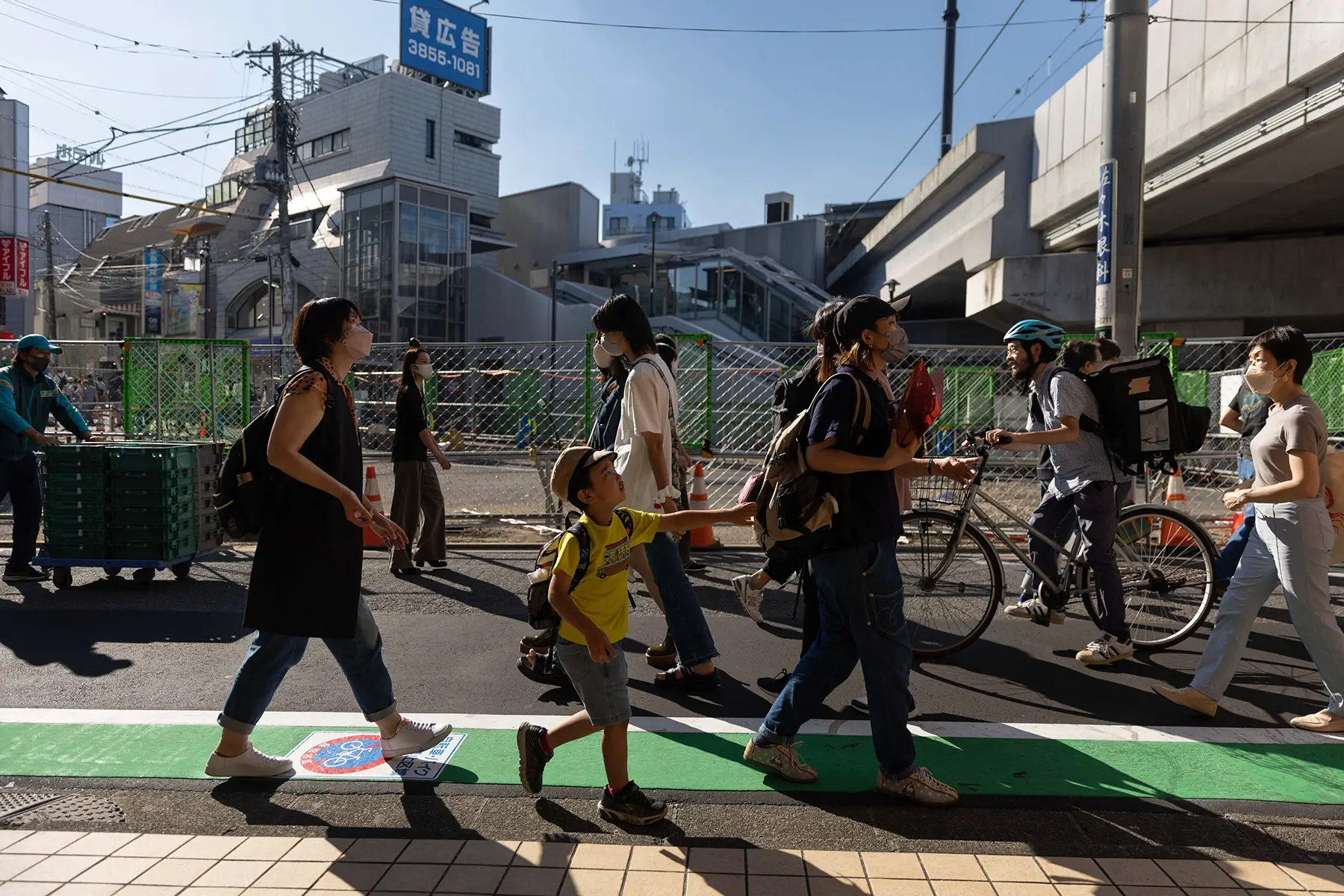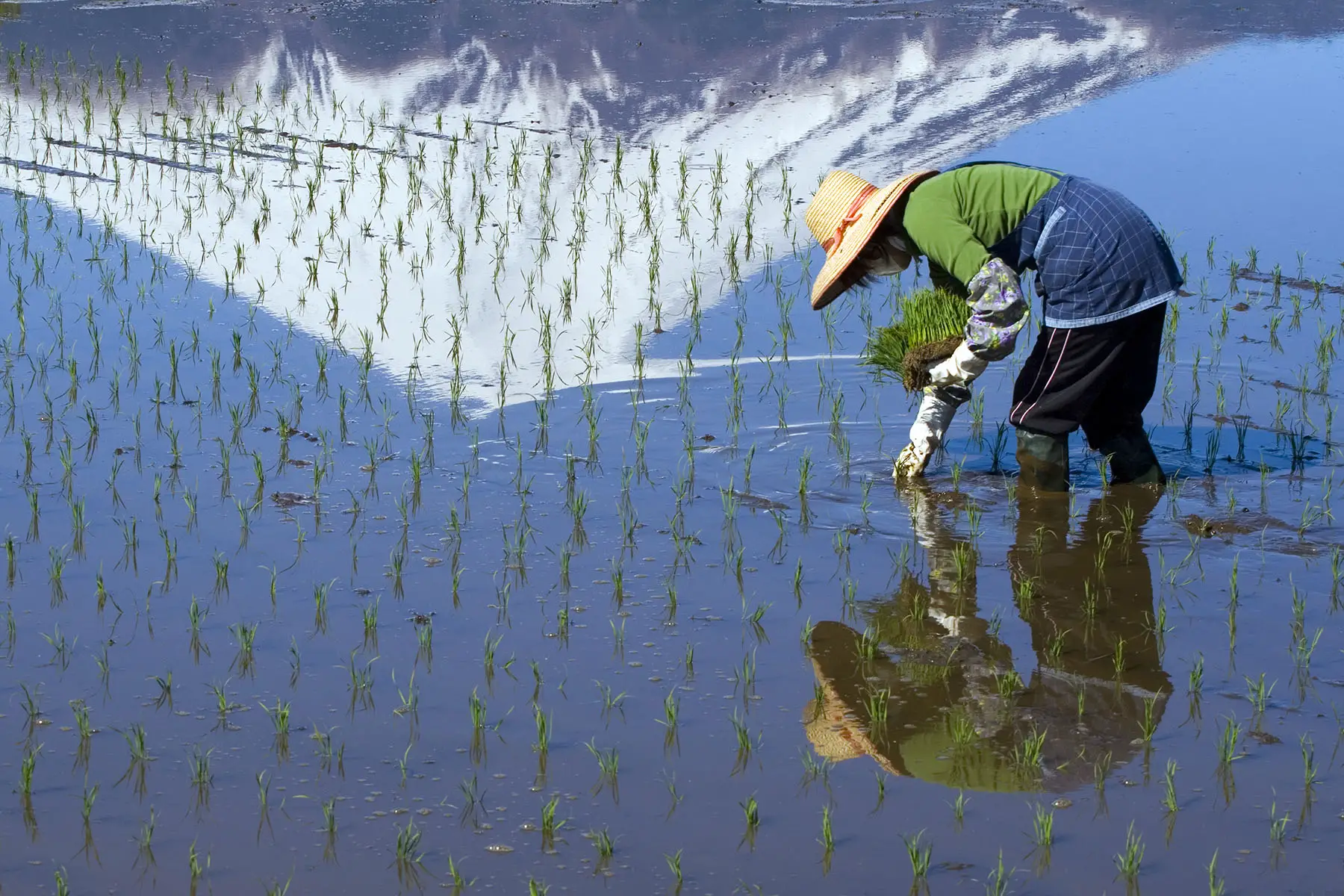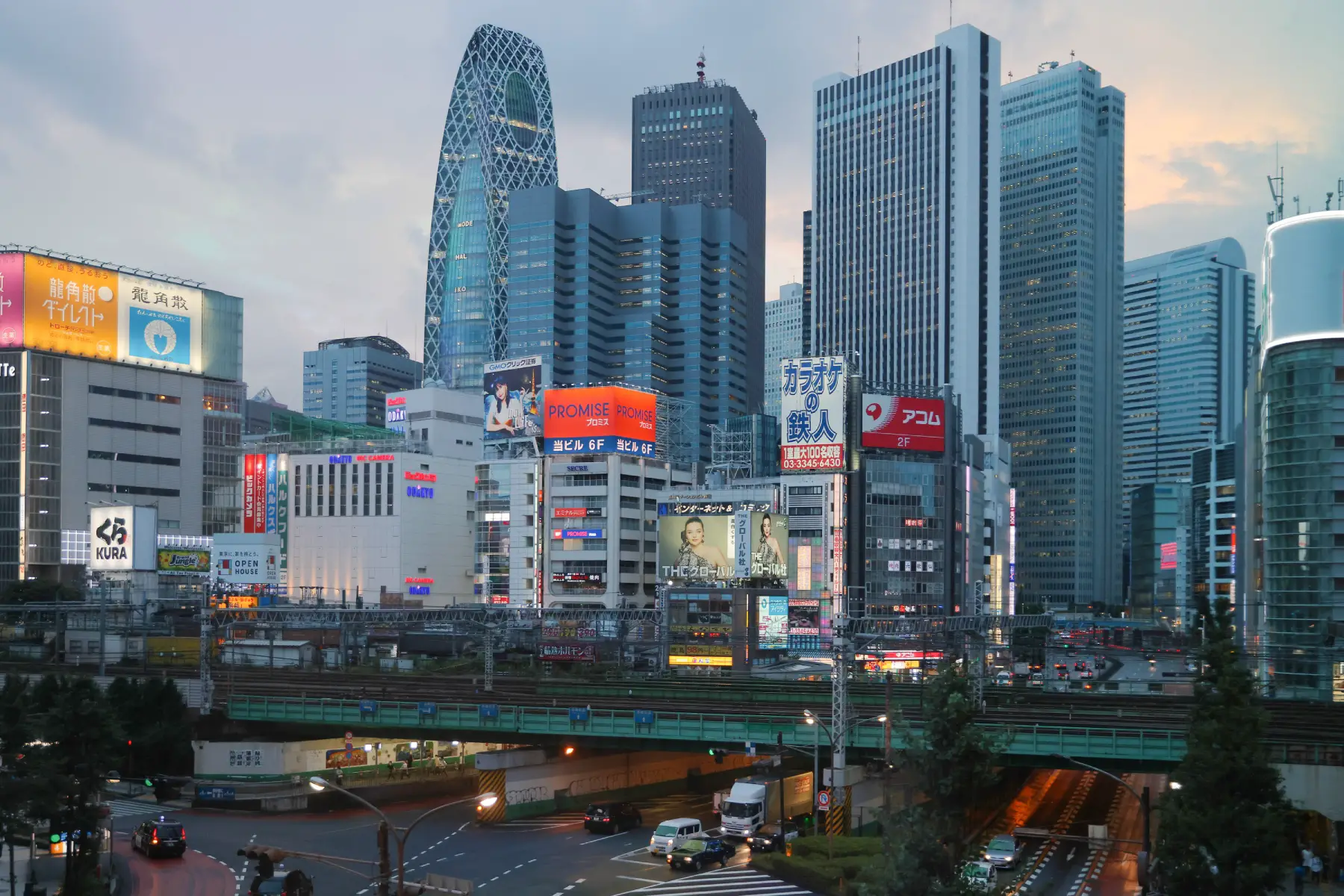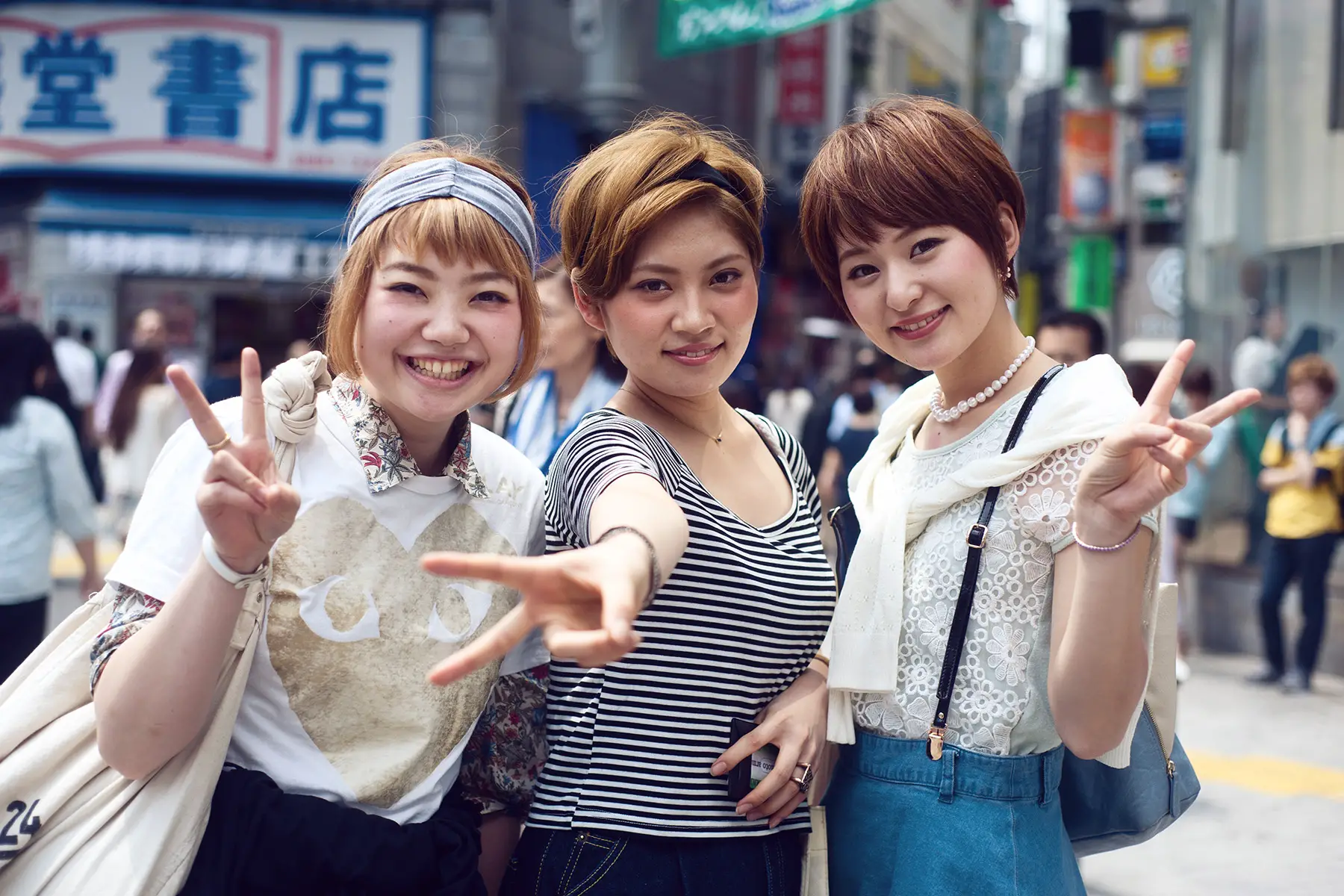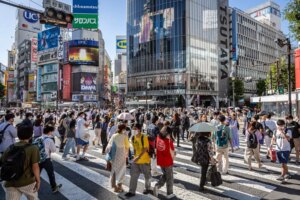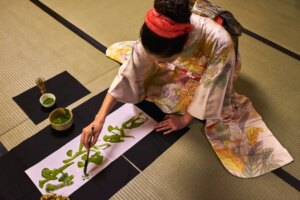Being an expat in Japan is becoming ever easier, with visa options for long-term employment, short-term business trips, study programs, and working holidays.
Japanese society is, however, bound by tradition, with social mores that take time to get used to. But if you’re willing to immerse yourself in the local culture and embrace the unexpected, it can be one of the most exciting places to lay down your roots.
Get started on your Japanese journey with answers to 10 of the most pressing questions:
- 1. What’s it really like to live in Japan as an expat?
- 2. Can I afford to live in Japan as an expat?
- 3. Is it easy to find love in Japan as an expat?
- 4. What is it like to work in Japan as an expat?
- 5. Can I afford housing in Japan as an expat?
- 6. What’s it like being a woman in Japan?
- 7. What’s it like raising kids in Japan as an expat?
- 8. What’s the healthcare situation in Japan?
- 9. What is the worst about life in Japan as an expat?
- 10. What is the best about life in Japan as an expat?
The Relocator
Planning a new life in Japan? Give yourself some peace of mind with The Relocator. On their easy-to-use platform, you'll be able to compare your options quickly, getting quotes from some of the biggest names in global relocations. Move abroad confidently with The Relocator.
1. What’s it really like to live in Japan as an expat?
Living in Japan can be incredibly fulfilling. With iconic cultural hallmarks that have developed in isolation over centuries, you’ll never tire of walking past Shintō shrines (神社) and Zen (禅) gardens on your commute or entering your tatami (畳) mat bedroom through fusuma (襖) sliding doors.
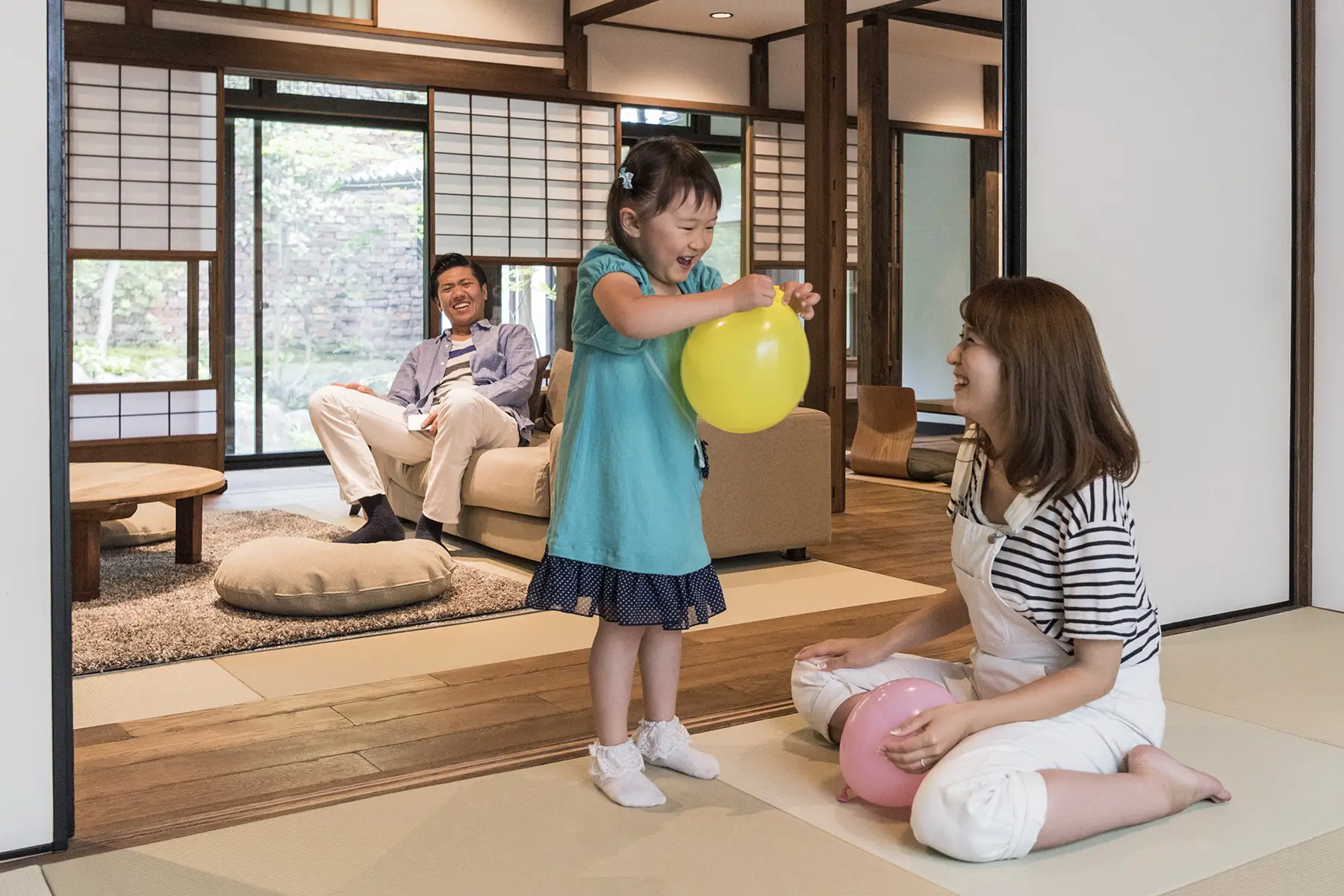
Its major cities are among the world’s most vibrant and dynamic, from the electrified cityscape of downtown Tokyo to the steamy, lantern-lit alleyways of Osaka and Kyoto. Furthermore, the public transport system is efficient, public services work, and it’s safe and cost-effective compared to other post-industrial nations.
But it would be misleading to suggest that you’ll feel right at home the moment you step off the plane.
Many expats will tell you there’s a teething period after moving to Japan. Integration, if ever truly achievable, is a slow process.
Japanese people are renowned for their politeness, but as a non-Japanese resident – or gaijin (外人), meaning ‘foreigner’ – you will always be slightly othered” by society. You may struggle to get bank loans, some apartment blocks will forbid you from renting there, and you may be treated differently in the workplace.
City life
Though it seems counter-intuitive, Japan’s major cities can feel lonely at times. People often work long hours, so finding friends outside the workplace can be challenging. It’s a good idea to stay in shared accommodation – known as sharehouses (シェアハウス) or social residences – or to join a club of some kind, whether sports, arts, or drama, to make new connections when you first arrive. Making Japanese friends can depend on your Japanese-language ability.
Still, locals are often quite interested in foreigners, so they may strike up a conversation with you in bars or izakaya (居酒屋) if only to practice their English.
Navigating the etiquette
Ultimately, living in Japan is a constant learning experience as you navigate the complex etiquette and social codes. Society is largely dictated by wa (和), roughly translated as “social harmony,” and it takes time to figure out how you fit into this puzzle. When should I bow?
How about handshakes? How long do I need to know someone before asking direct questions about their life? Can I just knock on a neighbor’s door, or should I be invited first?
Many new arrivals feel as though they know Japan before they arrive – and doubtless, there are familiarities – but they soon find out there’s so much more to learn. Oku ga fukai (奥が深い), as the Buddhists often say: “The way is deep.”
2. Can I afford to live in Japan as an expat?
Like much of the rest of the world, Japan is experiencing inflation following the pandemic and Russia’s invasion of Ukraine. That said, it still feels cheap in comparison to other developed nations.
Delicious lunch and dinner options for less than ¥1300 are easy to find, while in-season groceries are affordable on most budgets. (However, note that the price of your shopping list changes drastically if you buy imported goods and fruit and veg out of season.)
And if you live in shared accommodation, your utilities and Wi-Fi bills are often bundled in with the cost of monthly rent.
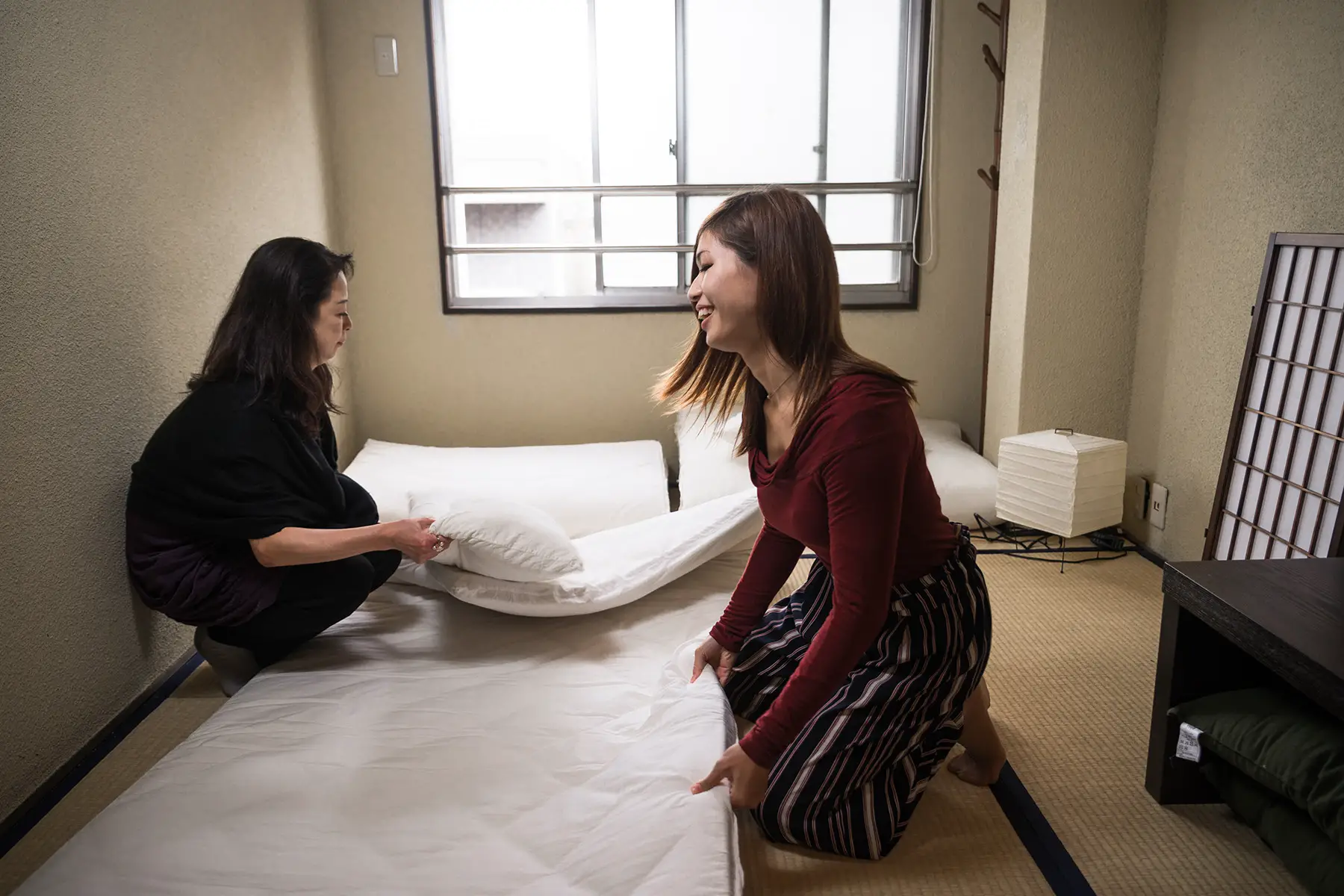
However, private renters in Tokyo will find that accommodation isn’t great value for money. The Japanese capital is one of the most expensive cities in the world for rent per square foot of space. In central Tokyo, a one-bedroom apartment or studio, which could be as small as 20 square feet, can cost up to ¥150,000 per month, while a three-bedroom apartment will likely be ¥300,000-plus.
This can be a struggle for some residents as Japan’s wages have remained mostly stagnant since the late 1990s. In 1997, Japan’s average yearly salary rose to $38,400. But as of 2021, it was only US$39,700, compared to the current OECD average of more than $50,000.
The good news is that expat salaries tend to be higher, as Japanese companies often lure foreign talent with generous pay packages. Furthermore, Japan’s labor unions recently confirmed an average wage hike of 3.8% for the current fiscal year, marking a three-decade high.
Financial support
For those who are struggling, the government offers some financial support. Its Housing Security Benefit (住居確保給付金) is available to any tenants struggling to pay their rent, especially if you’ve lost your job or had your working hours decreased.
Depending on the size of your household and the number of dependents, the government may cover up to 75% of your rent.
If you want to apply, visit your local Ku-yakusho (区役所) (ward office) and enquire about details. Additional support is available to job seekers through the government-run Hello Work (ハローワーク) employment offices. The type of support available differs from case to case.
3. Is it easy to find love in Japan as an expat?
Arranged marriages were once commonplace in Japan. But according to data from the National Institute of Population and Social Security Research (IPSS), they decreased from around 70% of the total in the 1930s to about 5% by 2015. As this tradition declined, coming-of-age Japanese were primarily free to date whomever they pleased.
You’ll see many mixed-race couples in Japan today, even though the foreign population makes up a tiny fraction of the total. Dating apps, such as Tinder and Bumble, have contributed to this. You’ll also find Japanese dating apps, like Pairs, which has identity verification and a round-the-clock monitoring system to expel unauthorized users.
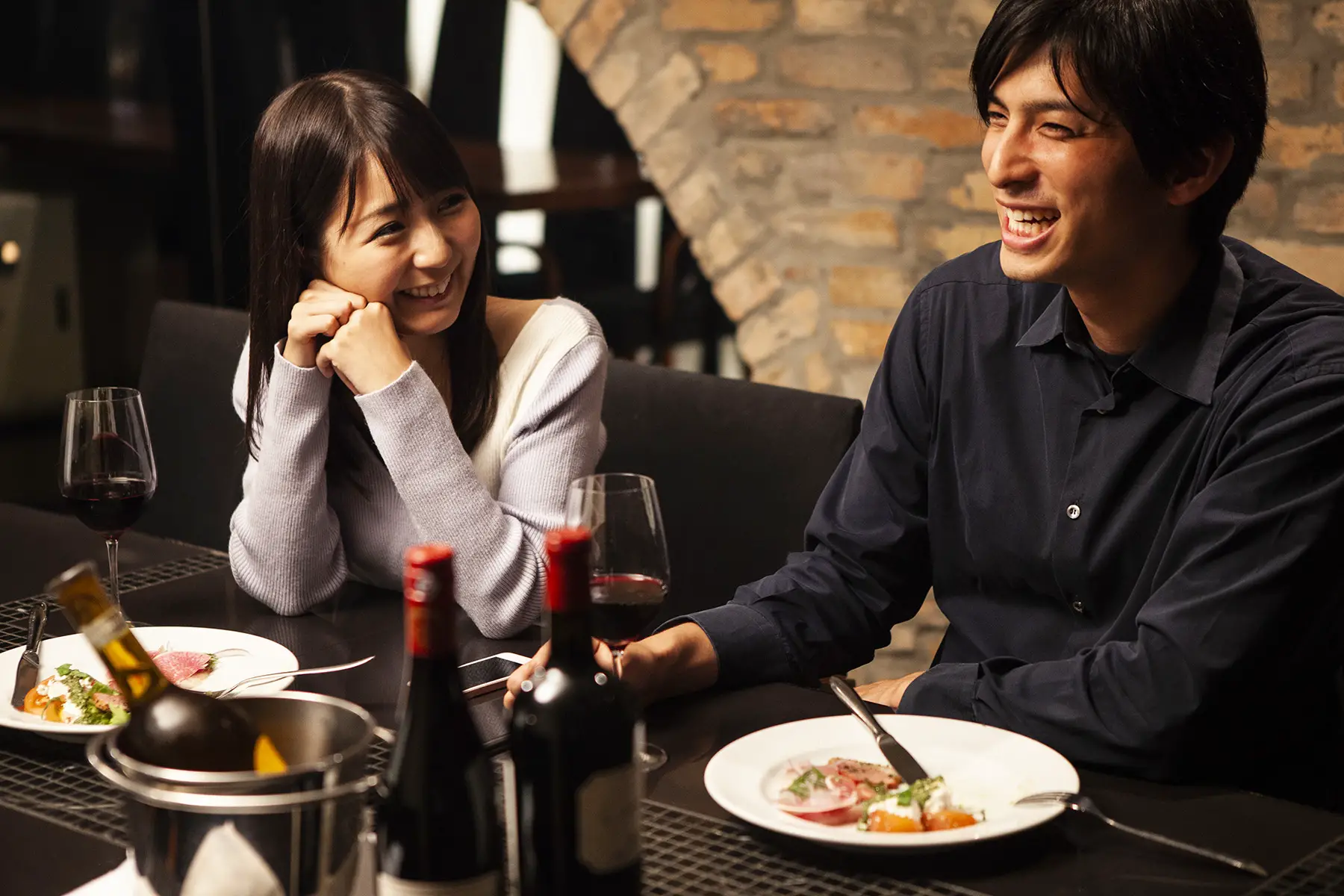
There are a few cultural differences to be aware of when dating. Relationships in Japan tend to become serious quickly; if you’re casually dating several people at the same time, your dates may find it off-putting.
The “confession” (告白, kokuhaku), or the point at which you agree to be exclusive, is also an important part of the process and needs to be spelled out directly. You may also find dating is initially a less tactile experience in Japan, with fewer public displays of affection.
Divorce was traditionally taboo in Japan, but the rates are now high: 35.5% of marriages in Japan end in divorce, while more than 50% of international marriages in Japan don’t go the distance. This is often due to cultural factors, such as different perceptions of what marriage and family life entail, which don’t become apparent until after a couple has tied the knot.
Same-sex dating in Japan
Japan’s attitudes towards same-sex relationships are still a work in progress.
Gay marriage remains illegal, and many gay members of society will keep details about their love and sex life private from coworkers, neighbors, and other acquaintances.
However, Grindr, and similar gay-centric dating apps, are available. Tokyo has a Rainbow Pride Parade and a neighborhood populated by gay bars called Shinjuku Ni-chome (新宿二丁目), which is a frequent meeting spot for the LGBTQ community.
4. What is it like to work in Japan as an expat?
Your experience working in Japan will be highly dependent on the job role.
If you’re hired from abroad to work in a Japanese office or the Japanese branch of an international company, you’ll often receive a great salary, a monthly stipend to cover rental costs, the ability to work in English, and international school tuition for your kids.
However, if you land a job at a Japanese corporation through the domestic employment system, you’ll find the working hours are long, you could be ostracized for speaking less than fluent Japanese, and you’re unlikely to have many days off.

Japanese work culture is also dictated by seniority and time spent in the office, meaning career progression isn’t necessarily based on meritocracy.
In a 2022 work-life balance survey of the most overworked cities in the world, based on the percentage of workers clocking more than 48 hours per week, Tokyo came sixth overall.
Labor law stipulates that full-time workers must be granted one day off per week or four days in a four-week period, although these don’t have to be Sundays or public holidays. Annual leave tends to range between 10 and 20 days, depending on how long you’ve worked at the company. In Europe, it’s usually between 20 and 30 days.
Job hunting
Simply put: your opportunities multiply if you can speak Japanese. But there are some job sectors which operate mostly in English.
- Teaching English: Search for jobs at ei-kaiwa (英会話) (English conversation schools), such as ECC, Aeon, Shane Corporation, and NOVA, all of which hire from abroad. You can also get hired through public school-affiliated programs like JET and Interac.
- Recruitment: A big employment sector for expats in Japan, with companies that offer competitive base salaries alongside commissions and bonuses. Many major recruiters have offices in Japan, including Hays, Robert Walters, and RGF Professional Recruitment.
- IT: English and coding languages often precede Japanese in the tech and IT sector. Japandev lists many of the latest job opportunities.
Job boards such as GaijinPot Jobs and Jobs in Japan are good places to start hunting.
Alternative work opportunities
Many foreigners and young Japanese are now looking for work at startups or international companies.
This is particularly true in the tech sector, where the jobs-to-applicants ratio hit 10 to one in 2022. These companies often instill value in new employees and reward good work with competitive pay packages and career progression.
Freelancing is another option for avoiding Japan’s traditional corporate hierarchies. Though as Japan doesn’t offer a remote work visa yet, you usually have to live in the country first to build up a local client base before moving to an appropriate visa category, such as the artist or specialist in humanities visa.
If you want to start your own business, check if you meet the requirements of Japan’s startup visa. This is available in various municipalities and may come paired with financial benefits and business support. It is valid for one year, after which you can apply for a conditional business manager visa.
5. Can I afford housing in Japan as an expat?
Approximately 60% of Japanese own their own homes, with the remaining 40% renting. In rural prefectures, the ratio of buyers to renters is much higher.
It’s also surprisingly easy to purchase a property in Japan: foreign buyers have no restrictions based on residency status, nationality, or a valid work visa. However, this has proven to be a contentious political issue and is subject to revision in the coming years.
Buying
Property prices vary drastically. The cost of property in the Tokyo metropolitan area, which was never cheap, hit a record high in 2022.
The average price of new condominiums in Tokyo, Kanagawa, Saitama, and Chiba Prefectures is now ¥62.88 million (US$484,300). But there are more cost-effective options if you can work remotely or would consider moving to the inaka (田舎) (countryside).
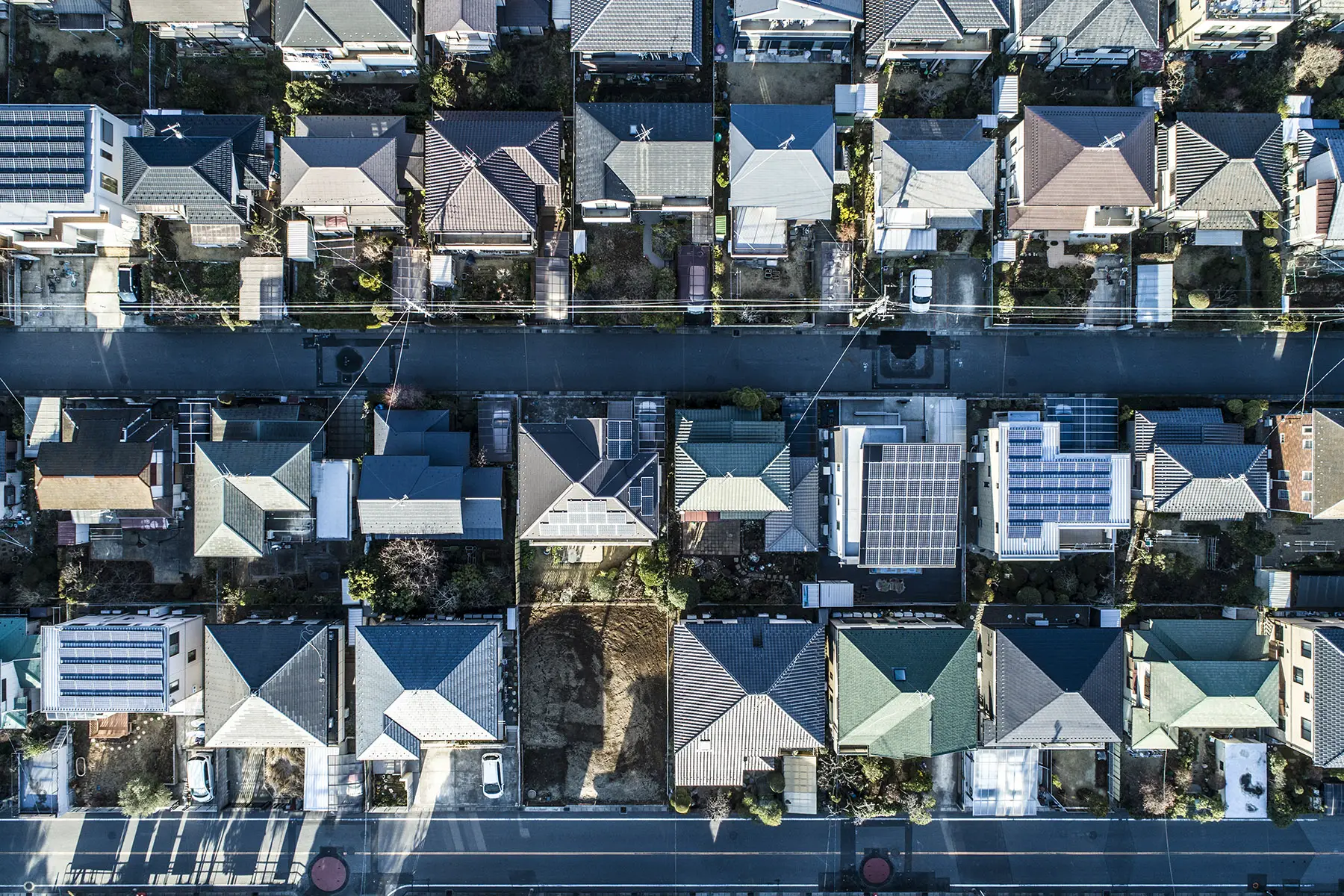
Recently there has been a growing trend of expats purchasing akiya (空き家), or “abandoned homes,” in rural Japan. Though they may require significant renovations, these can cost as little as US$10,000 and provide much more space than shoebox apartments in the cities. It’s also possible to turn these into Airbnb properties to get a (potentially limited) return on your investment.
If purchasing a home in Japan, it’s wise to have realtors and translators to help you along the way. To find properties in urban areas, you can use the services of realtors such as:
- Blackship Realty (focus on luxury market)
- Japan Property
- Plaza Homes (which also provides business properties)
- Real Estate Japan
There are also countryside-specific services, such as Akiya & Inaka, which connect buyers with homes and land in rural Japan.
Renting
The Tokyo Expat Network Accommodation and Roommate Finder is a good way to find rental properties in the capital or to connect with English-speaking real estate agents. Available properties don’t stay on the market for long, so it’s useful to have someone searching and booking viewings on your behalf.
Just beware that real estate agents will charge a commission, and landlords require various upfront costs, like:
- Deposits
- Lock exchange
- Guarantors fees
- The much-maligned thank-you money (礼金, reikin) paid to the landlord as a sign of gratitude
6. What’s it like being a woman in Japan?
For years, politicians and prime ministers in Japan have promoted policies to empower women in society. But consistently, they have failed to meet expectations.
Gender pay gap
The World Economic Forum’s 2022 Global Gender Gap Report ranked Japan 116th out of 145 surveyed countries. Japan’s gender wage gap is still among the highest in the OECD, with women earning 21% less than men on average.
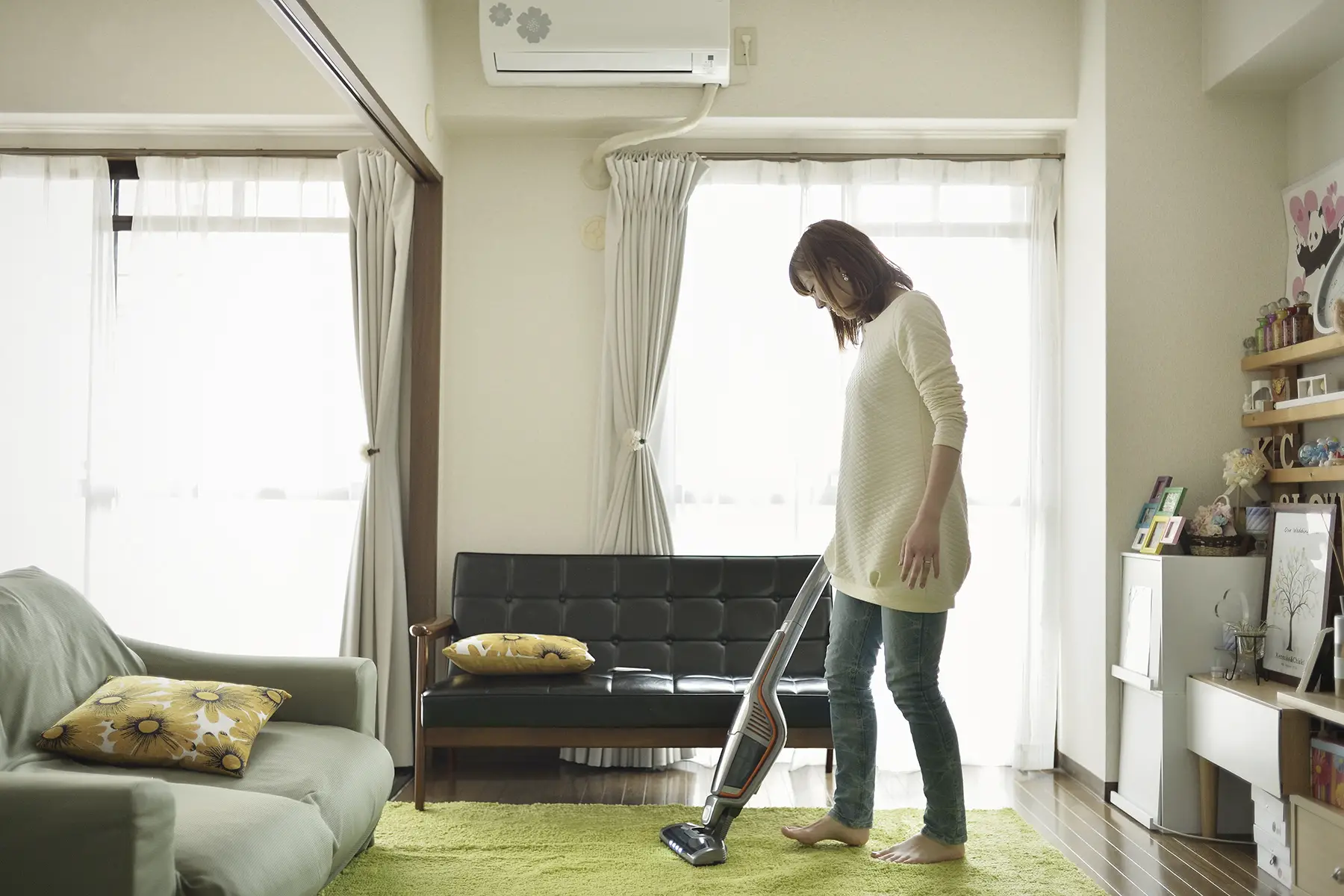
They also make up fewer than 15% of senior roles in the workplace. Japanese society traditionally views the man as the breadwinner, and the woman as the housewife. Women who reject this viewpoint may be discriminated against in male-dominated workplaces.
Many Japanese women are employed as hi-seiki (非正規), part-time or contract workers, contributing to the wage gap and deterring some from motherhood – Japan is the third most expensive country to raise a child globally. Women may also struggle to get an abortion if a pregnancy is unwanted.
The law states that abortion can be performed if a baby’s delivery will harm the mother’s health and if the fetus is not viable or will not have a quality of life (due to severe genetic abnormalities). Abortions must be within 21 weeks, however, and for married women, it requires the partner’s consent.
Is it safe for women?
It is quite safe to be a woman in Japan. Despite having the world’s largest population, Tokyo is consistently ranked as one of the world’s safest metropolitan areas, which translates to the rest of the country. That said, on packed trains, there have been numerous reported cases of sexual harassment, leading to women-only carriages (女性専用車両) during morning and evening rush hours in some cities.
There are some great English-language support groups for women working and living in Japan. Examples include:
7. What’s it like raising kids in Japan as an expat?
Raising kids in Japan has its perks. Its high levels of public safety mean kids can be left unattended from a young age. It’s common to see primary school children commuting home on public trains alone.
The international school system is also robust, so your kids can access quality education while growing up in a cosmopolitan environment.
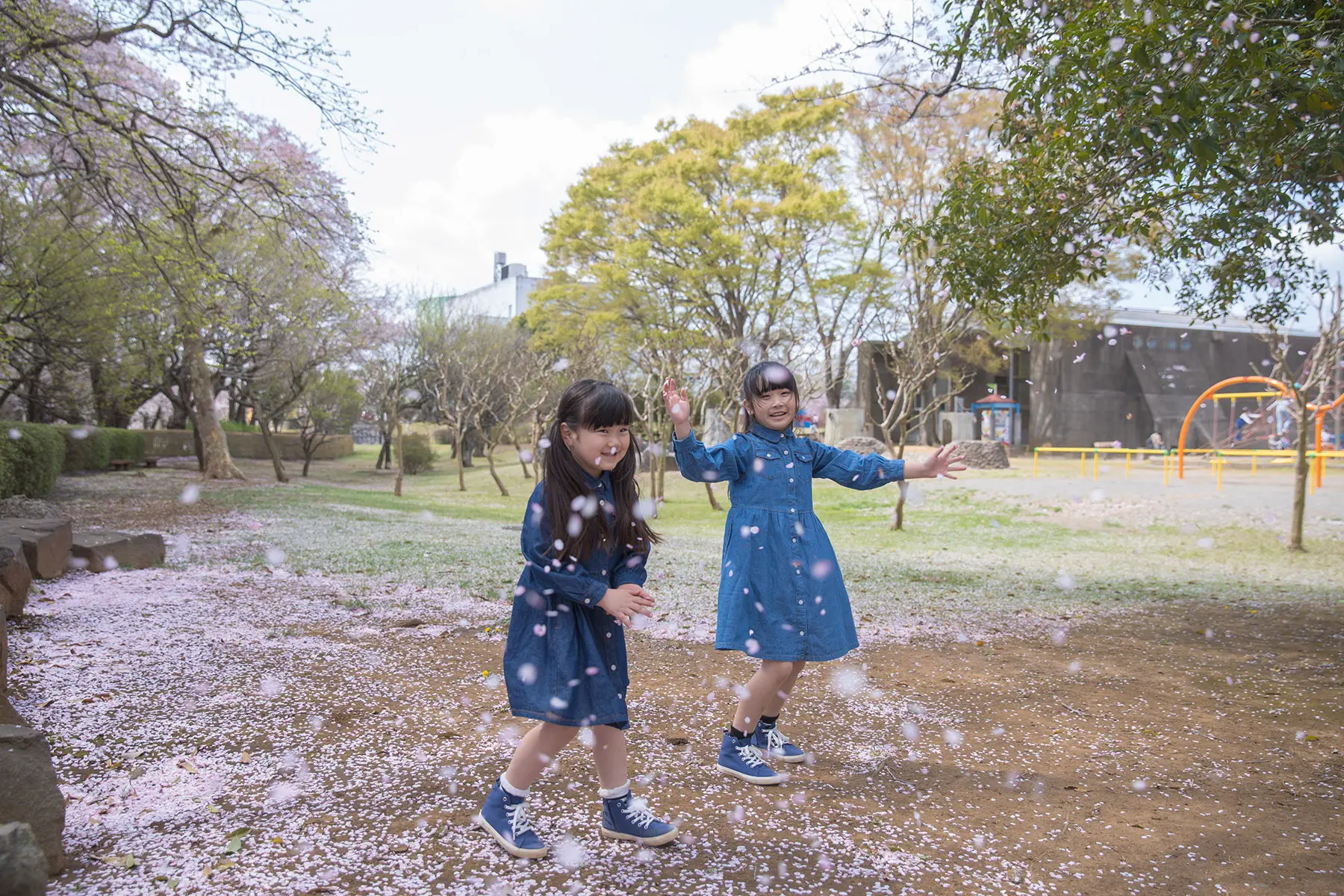
Also, the healthcare system is reliable. UNICEF has ranked Japan as the best country for children’s physical health, citing low rates of child mortality, obesity, and environmental pollution.
But it’s not always plain sailing. As public schools are homogeneously Japanese, your children might also find it harder to fit in and feel overwhelmed by the intensive curriculum if they do not speak Japanese.
Childcare is also incredibly expensive in Japan, and English-language support is limited. The government has, however, rolled out schemes in 2023 to combat the costs.
These include a central government subsidy to cover the costs of raising a second child or a Tokyo Metropolitan Government fiscal budget to provide free childcare for a second child until age two. Meanwhile, families moving out of Tokyo can receive financial aid if they relocate from Tokyo and meet certain criteria.
8. What’s the healthcare situation in Japan?
Japan’s universal healthcare system is a mix of public of private. All residents are required to enroll in the national health insurance scheme, where residents pay contributions out of their monthly salary. The government will then, in principle, cover 70% of healthcare costs, with patients covering the remaining 30%, often through private health insurance.
Full access to Japan’s state healthcare system is for residents only. For newcomers, health insurance from these international providers can offer protection against unexpected medical emergencies during your first few months in Japan:
You can use these policies to bridge coverage gaps after your move and during your stay, but if you plan to live in Japan long-term, you may need to subscribe to a health insurance plan with a regulated local provider.
The government regulates all medical fees and offers discounts for low-earning sections of the population, meaning that no one ever pays more than they can afford.
Households earning below a certain threshold are also eligible for the Public Assistance program (生活保護制度), and are exempt from insurance contributions and public healthcare payments.
The system appears to be working: Japan has the highest life expectancy in the world at 84.3 years, according to data (2022) from the World Health Organization (WHO). Various independent studies rank Japan’s healthcare system as one of the world’s best, including the Global Health Security Index (GHS), which places it at 18 out of 1095 countries.
9. What is the worst about life in Japan as an expat?
Japan is a master of global soft power, portraying itself as a high-tech, peaceful utopia. This is likely the average tourist’s perspective, but as a resident, you’ll experience more uncomfortable sides to the country:
- You can expect casual racism in Japan; you’ll always be an outsider unless you are 100% Japanese by blood. For instance, Japan’s Zainichi (在日), or ethnic Korean population, has been discriminated against for over a century. If you are of half-Japanese descent, you may hear the term hafu (ハーフ), which translates into ‘half-Japanese, half-foreigner.’ Historically, it was a derogatory term, but modern Japanese society is generally fascinated by a mixed heritage because they are such a homogenous nation.
- Japan is deeply bureaucratic, meaning administrative and legal procedures involve mountains of red tape.
- Japan is becoming bolder on climate change, but it’s still the world’s largest financer of fossil fuel projects and has a chronic issue with plastic waste.
- Japan’s press is technically free, but the government indirectly controls it. This was reinforced by the State Secrets Protection Law in 2013, which allows the government to withhold information if it’s deemed a matter of national security.
- Japan’s inbound tourism figures grew year-on-year from 2012 to 2019, causing severe over-tourism at iconic sites and in smaller cities. With tourism rebounding after the pandemic, many areas are struggling to deal with the influx again. And to make matters worse, the government still hopes to double the number of inbound tourists by 2030, compared to 2019.
10. What is the best about life in Japan as an expat?
Living in Japan also has numerous benefits:
- Japan is a long country, covering many different climate zones. This provides a wide range of travel destinations within its borders: the wintry climes of northern Hokkaido, the sun-kissed beaches of Okinawa, the temperate rainforest of Yakushima, and the misty mountain villages of Shikoku.
- Japan features beautiful natural phenomena (四季, shiki – four seasons) throughout the year. The spring sakura (桜) (cherry blossoms) are the best known. But the autumn koyo (紅葉) (changing seasonal foliage) can be just as enchanting.
- Japan’s capital, Tokyo, is arguably the greatest city in the world. Not only is it clean, safe, efficient, and largely affordable, but it’s also constantly evolving, boundless in its opportunities, and simply too big to ever explore fully. Like all good things in life, it always leaves you wanting a little more.
- Japan has the world’s most celebrated cuisine. In 2023, three of the top five cities with the most Michelin stars worldwide are in Japan: Tokyo (1st with 263 stars across 200 restaurants), Kyoto (3rd with 192 stars across 108 restaurants), and Osaka (4th with 192 stars across 98 restaurants).
- Japan’s government, though deeply bureaucratic, has many systems in place to help residents in need. Whether you’re struggling to pay rent, need financial assistance due to loss of work, or can’t afford your healthcare costs, government subsidies are available to address these issues.


